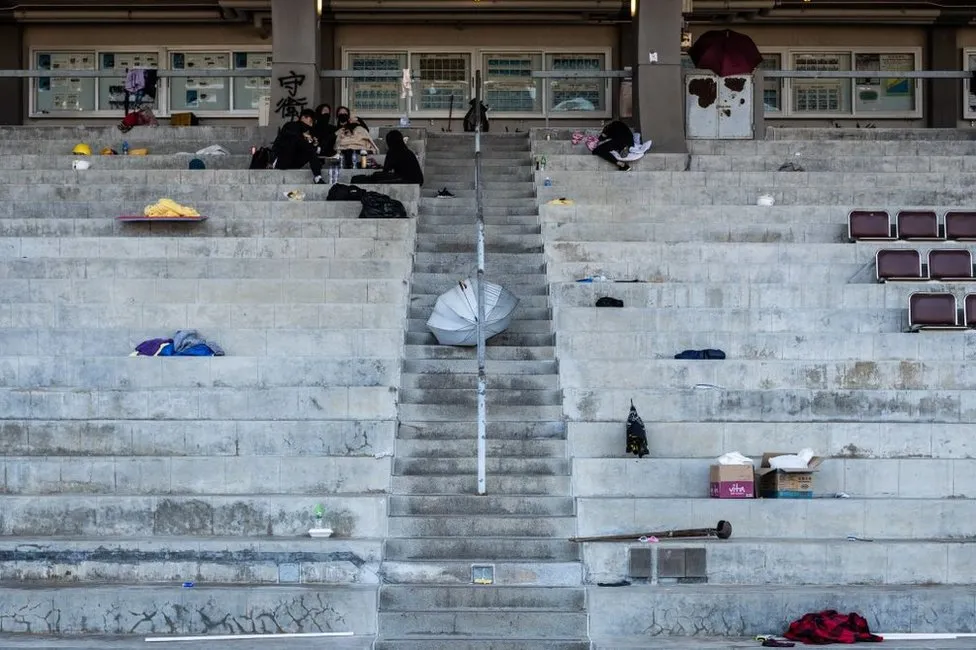Hong Kong’s universities shrivel in Beijing’s grip.

Hong Kong’s universities shrivel in Beijing’s grip.
The ‘red line’ in Hong Kong no longer exists, says a 30-something humanities professor.
“Everything can be used as an excuse if they want to come after you.” He didn’t want to reveal his name for fear of repercussions.
A Beijing-backed media outlet is naming and attacking him, which could cost him his job, or worse, his freedom. The fear has spread through Hong Kong’s universities and academic circles, which once attracted top talent. Even in Chinese studies, the city was close to the mainland, but far enough to host progressive classrooms, world-class libraries and archives.
Stephan Ortmann, a political scientist at Hong Kong Metropolitan University, says “the free atmosphere that existed is gone and people are worried.” Many of his colleagues have left and the ones who remain are wary – he’s heard of teachers removing all Hong Kong and China-related material from their classes.
The self-censorship began after the National Security Law (NSL) took effect in 2020, according to academics. As a result of the legislation, authorities can target both activists and ordinary citizens who engage in behavior deemed secessionist or subversive.
Following massive anti-government protests in 2019, Beijing pushed through the law to bring Hong Kong “from chaos to governance”. However, it has also transformed this once-vibrant city. Almost every weekend there used to be a protest, big or small – but now open displays of dissent are unimaginable. Books promoting what officials call “bad ideologies” have been removed from public libraries, and films are censored for national security reasons. The most prominent pro-democracy activists, some of whom are also academics, were barred from participating in “patriot-only” local elections held over the weekend.
